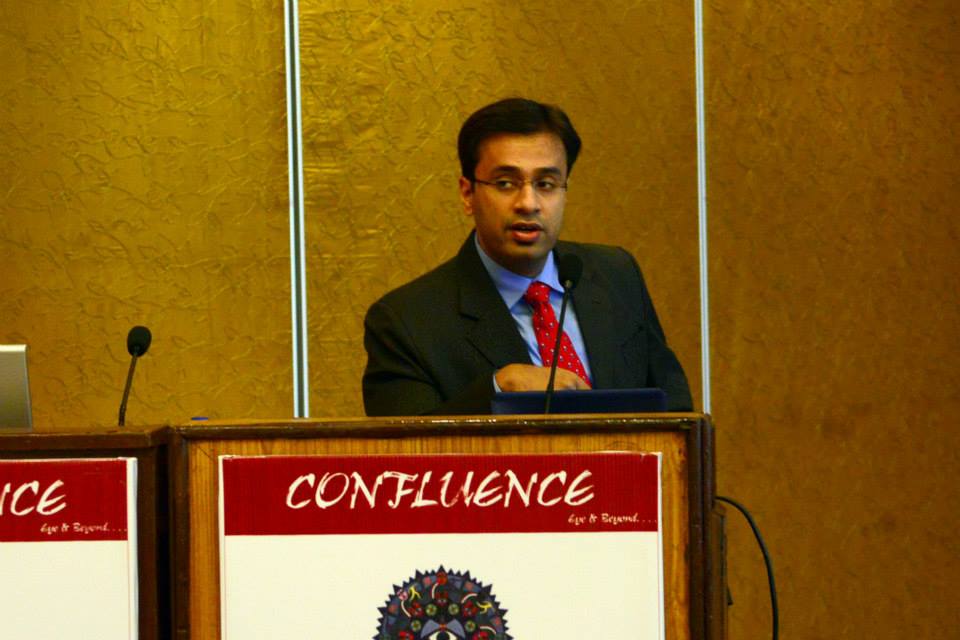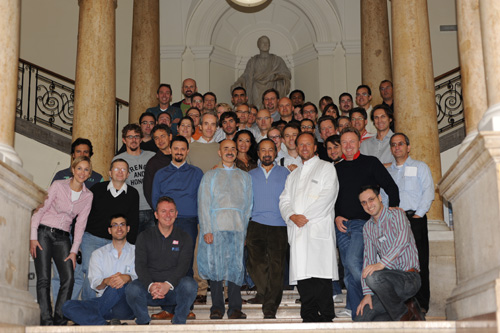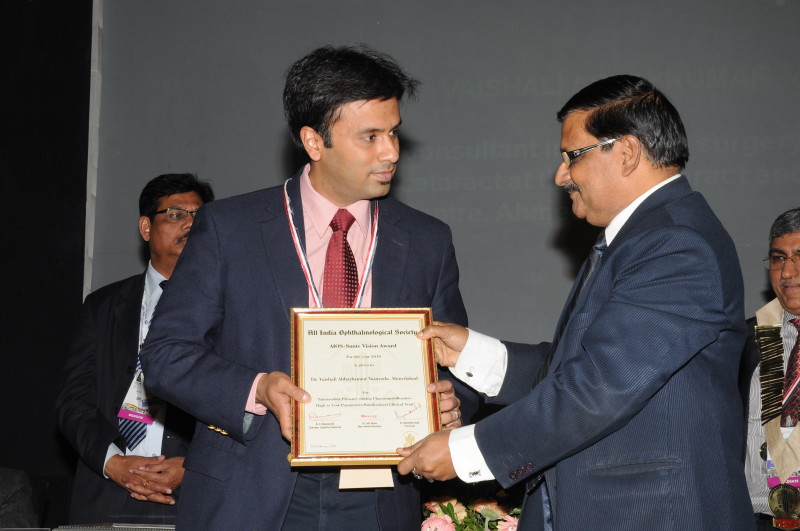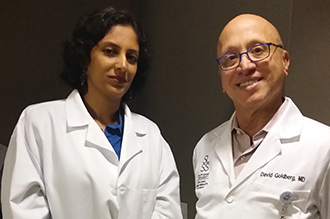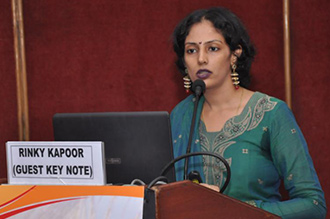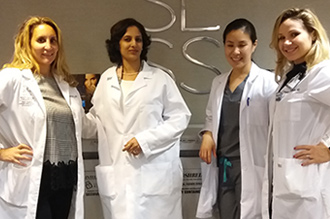Wish your skin looked younger? Aging can change skin’s appearance as early as your 25th birthday or by later in midlife, depending on your habits. You cannot control certain factors, like falling estrogen hormone levels that lead to sagging skin or the genetics that give you a particular bone structure. But there are also plenty of external influences on how your skin ages — and the right anti-aging care can help blunt their damage.
“When our patients first see signs of aging — fine lines, brown marks, smile lines, crow’s feet — is when they become better known about anti-aging care,” says anti-aging skin care expert & cosmetic dermatologist Dr Rinky Kapoor, who is currently based in Mumbai, India. “The good news is that it’s never too late to respond to what you see.”
As we grow older, we see and feel certain changes in our skin. The skin becomes drier, more wrinkled, and spots and growths appear.
Some of these skin changes are natural, unavoidable, and harmless. Many of these skin problems can be prevented. Most of these skin problems can be addressed by therapies now available.
As skin ages, collagen and elastin, fibers that keep the skin firm, weaken. The skin looks loose and lax, becomes thinner, and loses fat, and gravity adds to all this sagging the skin so that it looks less plump and smooth. Sun exposure, cigarette smoking and heredity also determine the tendency for wrinkles.
Wrinkles can be prevented by adequate sun protection. Sun exposure as a child or teenager makes a big difference to the appearance of the skin at the age of 30, 40, or 50. If you have already sun-damaged your skin, you will still benefit from beginning sun protection as an adult. It’s never too late.
Applications: Retinoic acid improves the surface texture of the skin, reduces irregular pigmentation, and increases dermal collagen if applied daily for several months.
Alpha hydroxy acids also show promise in reversing some of the effects of the sun.
Newer applications like growth factors, peptides, hyaluronic acid , botanicals ghave been found to work in early stages and for maintainence.The list is endless.
Fillers: Fixed and formed creases caused by facial expressions such as squinting, frowning or smiling can be treated by using soft tissue “dermal fillers” such as collagen or fat. These dermal fillers are injected into the skin under wrinkles and scars to puff out creases or scars.
Botulinum toxin: A naturally produced toxin, botulinum (Botox(tm)), can also be injected to “relax” the small muscles and thus eliminate dynamic expression lines (frown lines and crow’s feet – lines around the eyes.).
Fat folds such as those under the chin, around the waist and hips, and on the thighs, can be removed by liposuction under local anaesthesia or by injecting lipolytic solutions locally.
Microdermabrasion: Removing the uppermost layer of the skin.
Chemical peels: Chemical solutions applied to the skin to peel off upper damaged skin layers to reveal fresher skin below.
Laser & light treatments:
Before you undertake any home-treatment or surgery, discuss your options with your dermatologist.
As we age, our skin becomes drier. Severe flaky, itchy and cracked skin may be a sign of a more serious problem.
Milder cases of dry skin can be managed with a moisturizer used immediately after bathing, while the skin is still damp.
Petrolatum, urea, alpha hydroxy acids, lactic acid, or ammonium lactate help reduce scaling and help the skin hold water.
Bathing less often, using milder soaps, or soaking in a tub of warm water without soap can help relieve dry skin.
Skin growths and pigment spots become more common as we age.
| Symptom | May indicate |
| Skin cancer |
| |
| |
| |
| Dermatitis, Psoriasis, Other health problems |
| Shingles |
| Varicose veins |
| Skin cancer, Circulatory problem, Diabetes |
| Sign | May need |
| Dermatologic fractional skin resurfacing, Prescription treatment, |
| Dermal fillers, Botulinum toxin, Laser surgery, Cautery |
| Sclerotherapy, Radio frequency surgical destruction |
The expenditure for the treatment would depend on the type of treatment rendered. In general, a single consultation with Dr. Rinky Kapoor is chargeable at INR 1000/-.
Dr. Rinky Kapor holds board certification in dermatology, and is a member of the International Society of Laser Surgeons, the American Academy of Dermatology, and many other professional associations. Dr. Rinky Kapoor is one of the top cosmetic dermatologists who do not represent any skin care product lines, cosmetic companies, or device manufacturers. She has no financial ties to any of those companies, and she gives unbiased information and opinions on how to keep your skin looking young and prevent aging changes in your skin (anti-aging).
For more information on Dr. Rinky Kapoor’s work, click on: theestheticclinic.com/dr-rinky-kapoor.html
